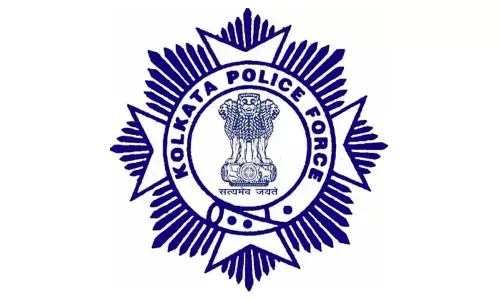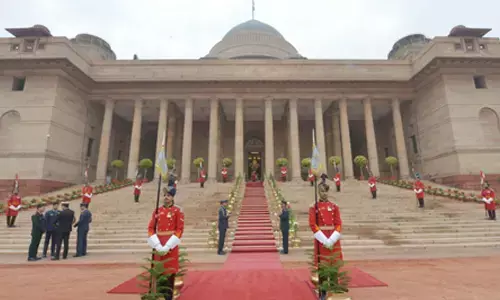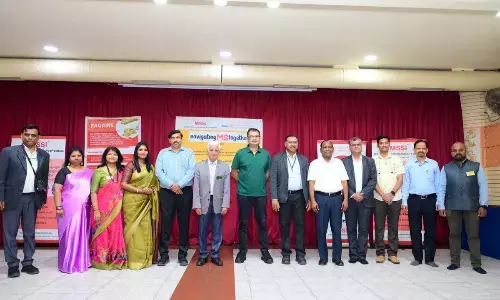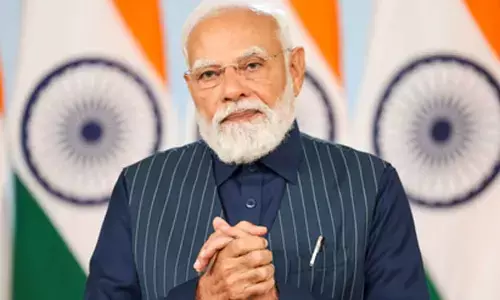Harvard University's control of media ecosystem in India
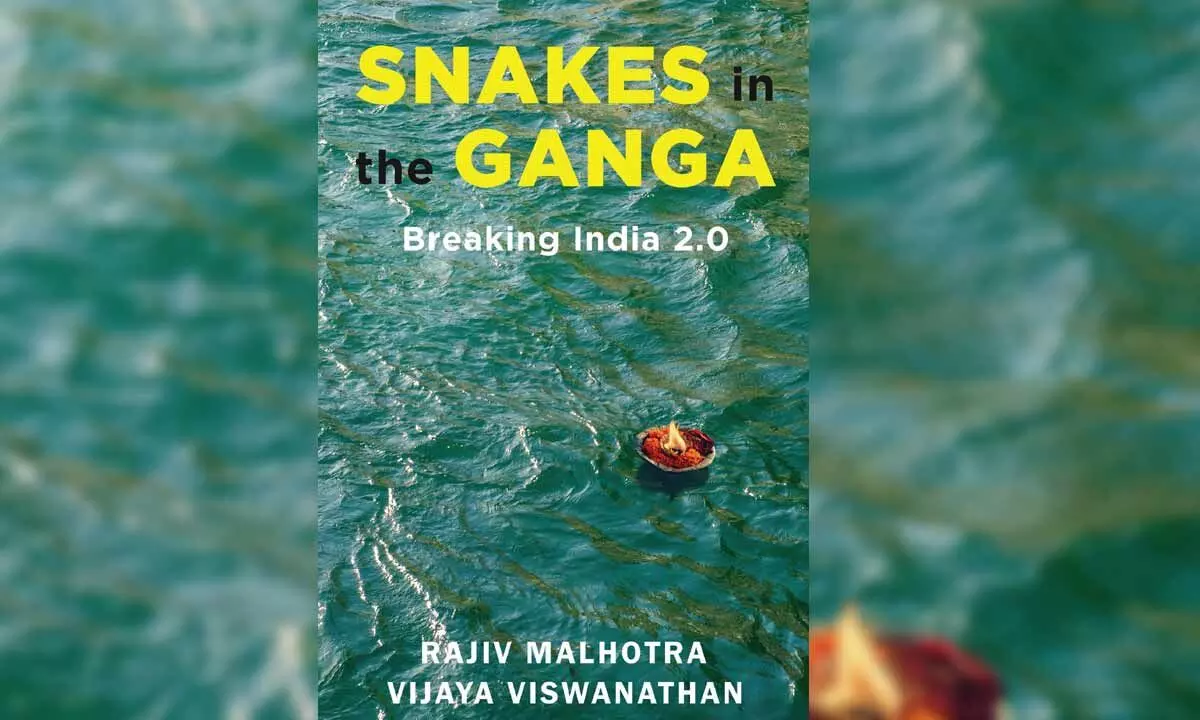
Harvard University’s control of media ecosystem in India
In the US, this power is subjecting Indians to increasing discrimination in schools where a caste identity is being forced on them
Harvard's scholars have played varied roles in the study of India: digesting the valuable aspects within Indian traditions; diluting India's position by lumping it together with other Asian countries that don't share its civilizational heritage and worldview; systematically building narratives that can only be seen as atrocity literature; interpreting India's history and traditions in ways that aren't in consonance with India's own accounts and experiences; building databases of information under Harvard's control that can be used to further its agenda; and skilfully engineering India's elites according to its values. As part of the agenda for the distribution of its content, Harvard aims to control India's media ecosystem.
In other words, it is not enough to have its own views out there. There must, in addition, be suitable mechanisms in place to undermine, ridicule, remove, control, or simply swamp the stories that are outside its control and not in line with its narratives. Moreover, control over the Indian media has a dual purpose. Sponsored media outlets serve as Harvard's mouthpiece; and Indian government action against biased/divisive narratives can be milked to create stories about 'authoritarianism'. But Harvard goes much further. It has the clout to see that the narratives it chooses enter the school curriculum to influence young minds. When you consider China's infiltration of this academic powerhouse, you can see just how dangerous this might turn out to be.
In the US, this power is subjecting Indians to increasing discrimination in schools where a caste identity is being forced on them. In India, its own vulnerable citizens are playing into Harvard's hands simply because the larger power games are unknown or unfathomable to them. Harvard and various related institutions have made significant progress in collecting public data on various aspects of India and this data is already being propagated as material for future textbooks.
These archives are also of tremendous economic value and the sheer detail makes this a national security concern. Harvard has built a staggering machinery to disseminate and control its narrative using the infrastructure set up with the help of India's own billionaires. One such Harvard distribution channel is The Nieman Foundation of Journalism with its wide network of other non-profits that control the world of journalism. The Nieman Foundation was founded in 1938 and offers fellowships to journalists across the globe for a year of study, seminars, and special events at Harvard. As far as India is concerned, Nieman is particularly active in its grants to Indian journalists after 2019, coinciding with the landslide win of Prime Minister Narendra Modi.
The Nieman-Pulitzer Center Alliance
One of Nieman Foundation's initiatives is its strategic alliance with the Pulitzer Center on Crisis Reporting ('Pulitzer Center') to jointly work on crisis reporting. The Washington D.C.-based Pulitzer Center makes grants to journalists to write stories it considers underreported around the globe.3 It is not to be confused with Pulitzer Prizes, although both are related to the same family but as separate legal entities. Of course, many Nieman fellows are recipients of the Pulitzer Prize as well. The Pulitzer Center often commissions stories it wants promoted to specific journalists. One such story was on the Namami Gange Project after the historic electoral victory of Narendra Modi in 2014. This story was commissioned to be published by The New Yorker. The agenda was to use the Ganga clean-up project as a doorway to turn environmental issues into a discussion on politics and religion.
To understand the political interventions of the Pulitzer Center, a good example is the high-profile project in which it developed the classroom curriculum for The New York Times' 1619 Project. 13 The project has raised controversy in the US. Whether one agrees or disagrees with this revised account of history is beside the point. We are highlighting the power of the Pulitzer Center to manufacture the grand narrative of any nation and planting it in the education system. In the above example, the center created the school curriculum and published reading guides, lesson plans, and extension activities for the 1619 Project. The curriculum has been placed in over 3,500 classrooms in all 50 states.
Five school districts, including Chicago and Washington D.C., have made it mandatory. The center donated 5,600 copies of the magazine length version of the 1619 Project to the Buffalo Public schools 419 where it is a part of the required curriculum; this is enough to distribute free copies to all eleventh and twelfth grade students. Despite the controversial claims attacking America's founding fathers, only one side of the debate was presented. However, in America's case, there is a well-organized sophisticated machinery fighting the Pulitzer Center's work with a counterpoint. India's curriculums being outsourced have no such counter voices, which makes Pulitzer's clout far more dangerous.
(Excerpted with permission from 'Snakes in the Ganga' by by Rajiv Malhotra & Vijaya Vishwanathan, Rs 599, published by Occam)








